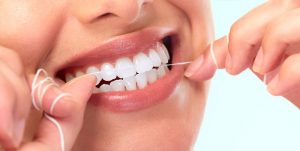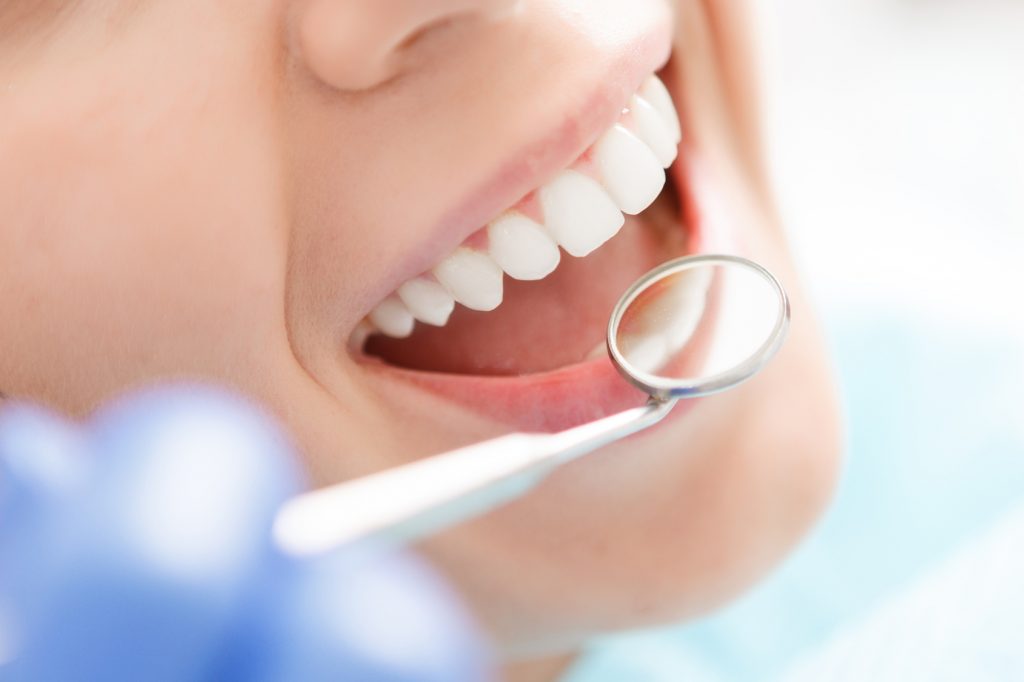
You feel a little nagging pain in your tooth; you ignore it as something trivial. It persists, you buy some pain killers to calm the pain and the cycle continues without getting to the root of the problem. This is how an average Ugandan manages their dental health.
Notably, it is usually the children whose dental issues receive due attention while the adults dismiss theirs as minor and inconsequential. The elderly on the other hand have no choice but try to deal with acute conditions, most of which are a culmination of earlier dental conditions that were ignored. In a nutshell, this is the state of oral health in Uganda.
The chief dentist at the newly opened Dental Wing at UMC Victoria Hospital Dr. Jain Kriti, when asked about her assessment of how seriously Ugandans take their oral health, decried the high levels of carelessness and ignorance about their dental health.
“It is baffling how one can consistently feel dental discomfort or pain but still think it is not a problem worth looking into,” she said.
She further revealed that the majority of those who eventually seek professional dental help do so when the situation becomes unbearable.
“Interestingly, for the youthful Ugandans especially females are more concerned about how their teeth affect their overall physical look” she added.
She also hinted on the rampant self-medication where individuals seek out solutions off the internet which is dangerous because accurate diagnosis of the oral condition is always required before taking appropriate action.
Dr. Jain Kriti explained the most prevalent oral health conditions that we all ought to not take lightly;
Bad Breath
Bad breath also called halitosis. This is common and can be traced to poor oral hygiene like failure to brush well and not cleaning the tongue well or even dry mouth. However, it can also be symptomatic of a gum disease, cavities or even oral cancer.
Home remedies for non-chronic bad breath include; proper hydration (drinking lots of water), brushing thoroughly (tongue inclusive) and using mouth wash among others. However, chronic bad breath calls for consultation with a professional dentist.
Tooth decay
Tooth decay also called dental caries or cavities is directly linked to lifestyle especially consuming sugary & starchy foods. It is highly unlikely for one with good oral health routine to develop tooth decay.
It happens when the bacteria settles on the tooth thereby producing acid which corrodes the tooth enamel thus forming holes. Older people and children are slightly more at risk, because their enamel is more vulnerable.
Gum disease
The medical term used for gum disease is periodontists. When bacteria accumulate in the mouth, it slowly eats away the gum tissue and the teeth-holding ligaments and it does so in five stages. This condition is best curbed at the earlier stage because it gets harder to reverse after the third stage. It is also one of the main causes of tooth loss among adults. Smoking pre-disposes one to gum disease.
Oral cancer
Most notable causes of oral cancer include tobacco, alcohol abuse and STIs. Little clarification is needed to find out whether a cancer is serious and one ought to get immediate professional medical help even in the wake of suspicion.
Many oral cancers begin as small, pale, pinkish lumps or growth inside the mouth. It is almost always painless.
Other notable oral ailments include tooth infection (root infection), enamel degradation, tooth sensitivity, mouth sores and among others.
Dr. Jain Kriti recommends that one needs to visit the dentist at least twice a year but people with more frequent complications should do so at least every three months. She is available at the fully fledged dental wing of the ultra-modern UMC Victoria Hospital in Bukoto.
